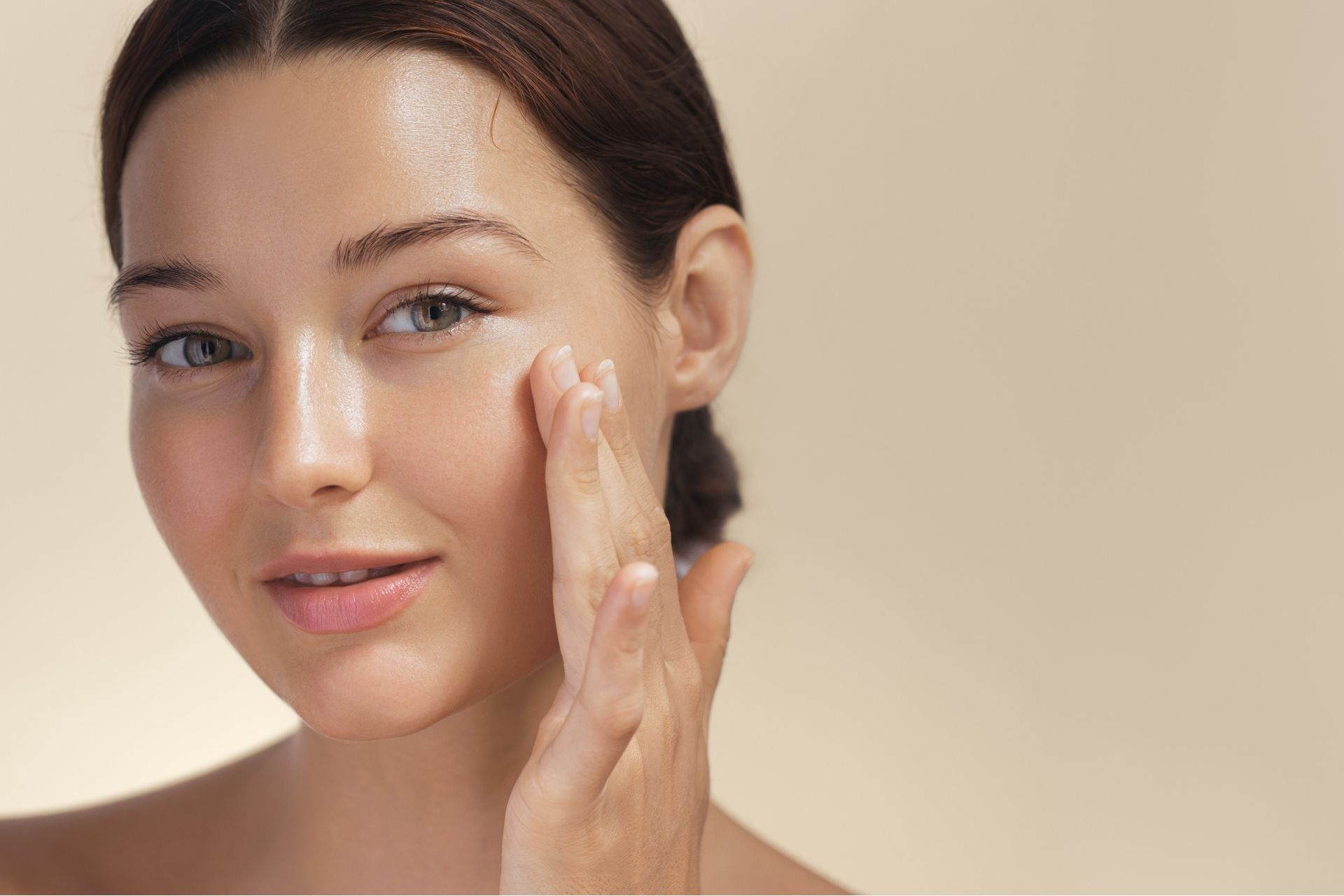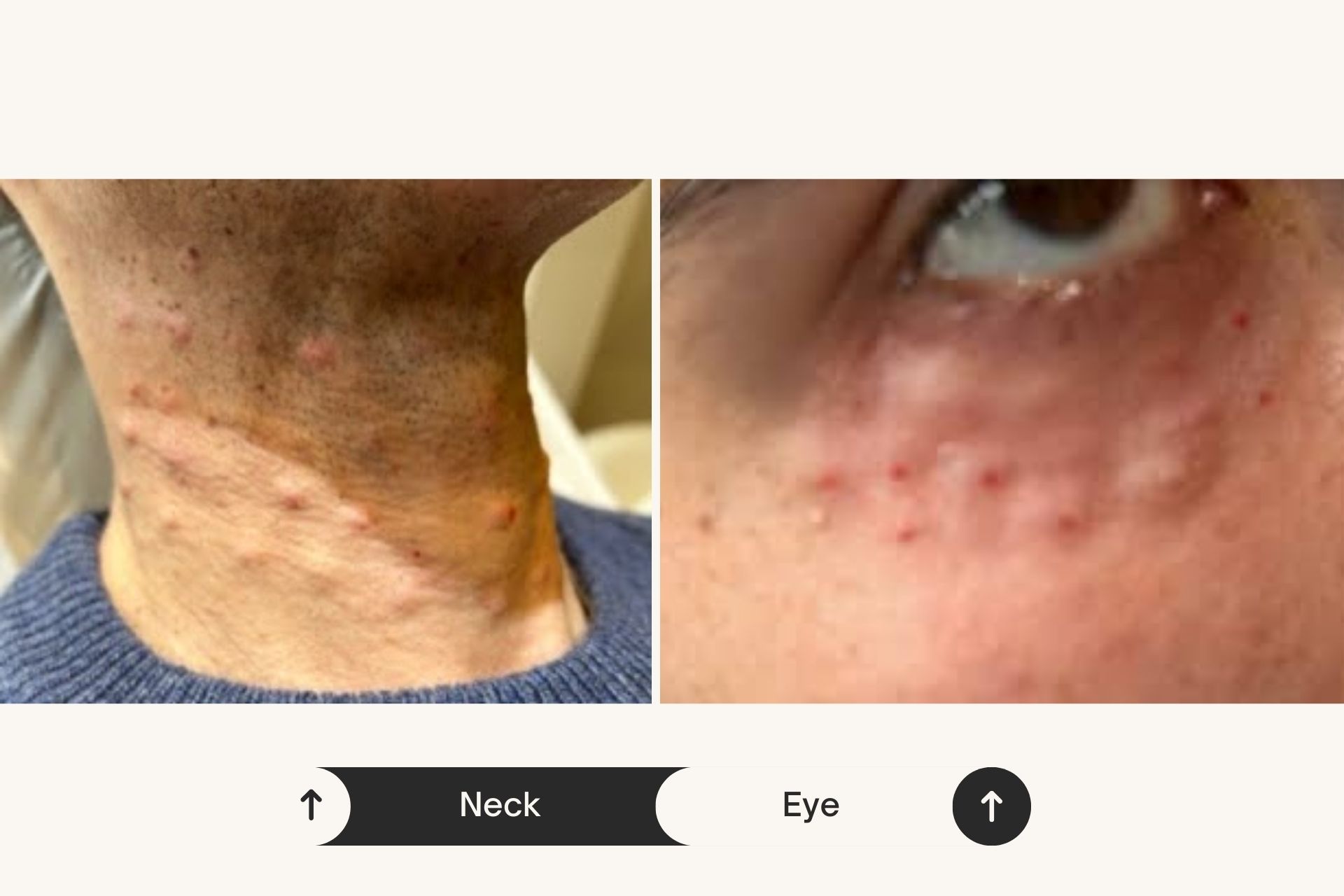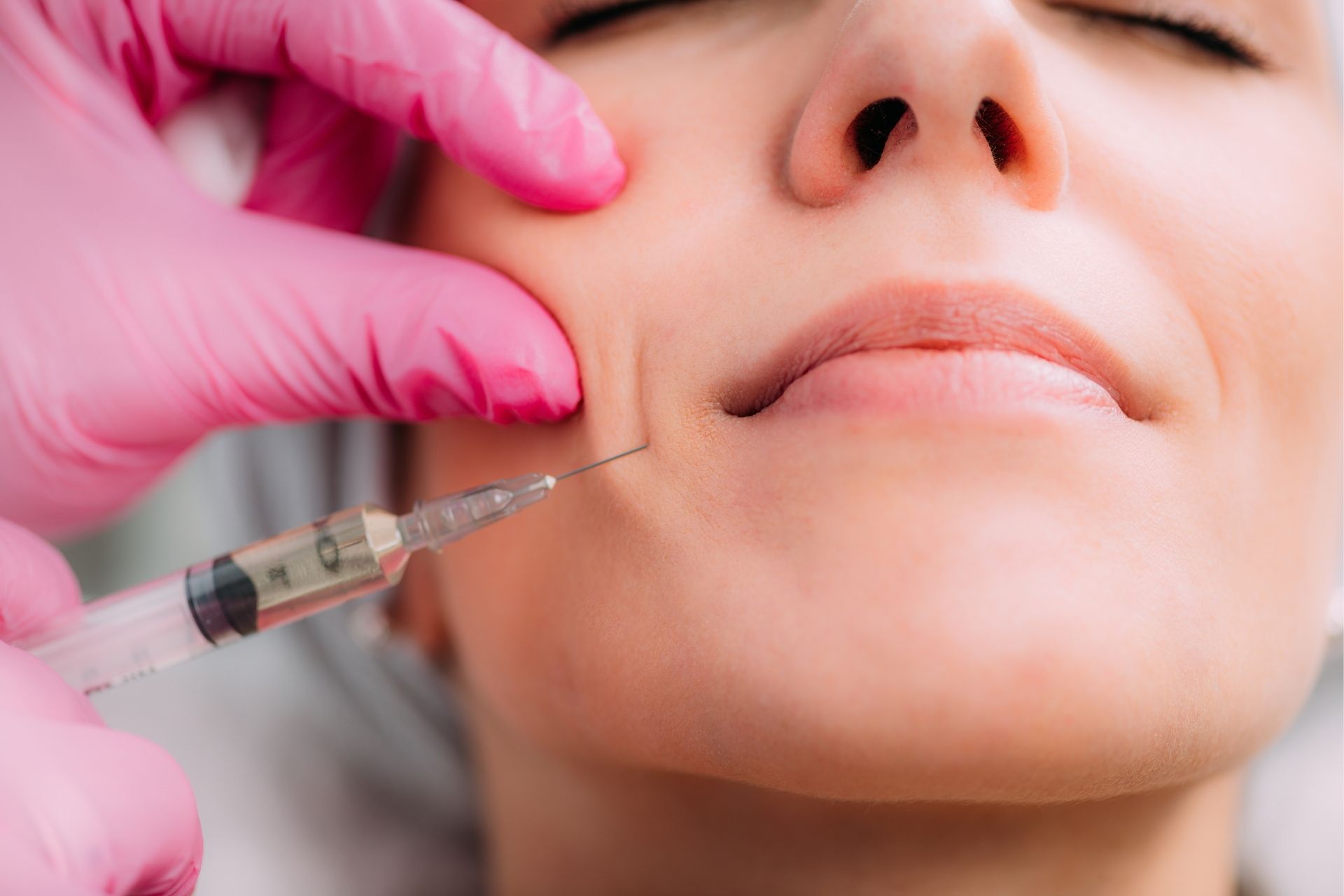Polynucleotide (PN) treatment is among the fastest-growing innovations, taking the cosmetic and dermatological fields by storm. In London, this approach is gaining popularity due to its ability to repair damaged tissues and improve skin quality. However, before trying it, understanding how polynucleotide injection works in London clinics and its potential downsides is crucial. Therefore, in this article, we take you through everything you must know about this growing procedure.
What Are Polynucleotides?
Polynucleotides are injectable and highly purified biopolymers composed of long chains of nucleotides. Used in advanced London aesthetic clinics, they are sourced from salmon or trout sperm DNA due to their high compatibility with human tissues. In aesthetic medicine, polynucleotide is loved for its regenerative and biostimulatory properties.
Their abilities enable it to be used as a skin injectable that triggers the skin’s own repair and volume restoration. As a result, a polynucleotide treatment stimulates fibroblast activity, increases collagen and elastin production, and improves hydration.
How Do Polynucleotides Work?
Our polynucleotide injection works by creating an optimal environment for cell growth and tissue regeneration. When injected into the dermis, the DNA fragments are gradually absorbed into the skin and stimulate overall rejuvenation in three primary ways:
- They stimulate fibroblast cell multiplication and enhance their activity. This results in increased collagen production, hydration levels, and skin radiance.
- Their antioxidant effects neutralize free radicals that can cause cellular damage and accelerate ageing.
- They act as healing agents that signal intense skin repair. This reduces scars and stretch marks and improves skin texture concerns.

Polynucleotides Benefits
Polynucleotide is an extremely versatile treatment that addresses various skin concerns. At our London clinic, after performing this procedure for years, below are some of the key polynucleotide benefits our London clients frequently report:
- Deep skin rejuvenation and hydration. The biopolymers boost collagen and elastin production and improve moisture retention.
- Reduction in fine lines and wrinkles. The treatment smooths out creases by encouraging natural skin regeneration.
- Improves skin tone and texture. It fades pigmentation and refines pores for a radiant glow.
- Hair restoration – The procedure strengthens follicles, stimulates regrowth, and thickens thinning hair, making it popular for hair loss treatments in London.
Where Can Polynucleotides Be Used?
The treatment is adaptable and suitable for various anatomical regions. Below are common polynucleotide injection points used in London aesthetic practices:
- Skin: We offer face, decolletage, hands, arms, elbows, abdomen, thighs, knees, and neck polynucleotides.
- Eyes: Our gentle under-eye formulations help reduce dark circles, puffiness, and fine lines, commonly used in London tear trough rejuvenation.
- Hair: We have special injections that can promote hair and eyebrows growth and improve scalp health.
- Intimacy: Our personalised intimacy formula can improve appearance, elasticity, and hydration of intimate areas, available at select London clinics offering regenerative therapies.
Polynucleotides Immediately After
The polynucleotide injection immediately after images below show what you should expect when undergoing the treatment.

How Long Do Polynucleotides Take to Work?
Polynucleotides do not yield instant results. Most clients at our London clinic begin to notice improvements within 7–14 days post-treatment, particularly in skin texture and hydration. More pronounced results – such as firmer skin and reduction in pigmentation and wrinkles—typically emerge within 4–6 weeks as collagen production increases.
How Long Do Polynucleotides Last?
Polynucleotide results can last 6-12 months, depending on your age, skin condition, and lifestyle. Proper polynucleotide aftercare and regular booster injections can also extend the longevity of the results to 18 months or more. However, factors like smoking, sun exposure, and poor maintenance can shorten longevity.
How Much Are Polynucleotides?
Our polynucleotide treatment cost in London varies depending on the treatment area and product brand used. According to our current price list:
- £450 for a single treatment
- £1,200 for a course of three treatments
- Optional skin booster add-ons available at £250 per treatment to enhance and prolong results
Are Polynucleotides Worth It?
Polynucleotide injections are a worthwhile investment for London patients seeking a natural, regenerative approach to anti-ageing. Unlike other cosmetic procedures that provide immediate but short-lived results, polynucleotides work at the cellular level to improve long-term skin quality. Most clients also report healthier, younger-looking skin with improved resilience and tone. Moreover, the treatments suit all skin types, although we recommend a consultation to tailor the procedure to your skin’s needs.
How Many Sessions of Polynucleotides Do You Need?
A standard polynucleotide treatment plan in London includes three sessions spaced 2-4 weeks apart. This allows for a gradual build-up of the regenerative effects. Severe cases, such as acne scars or advanced ageing, may benefit from 4-6 sessions. Moreover, proper aftercare for polynucleotides and maintenance sessions every 4-6 months are recommended to maintain results.
Does Polynucleotide Treatment Hurt?
Polynucleotide injections involve minimal discomfort. A topical numbing cream is usually applied beforehand to reduce pain during injection. Most clients also describe the sensation as a mild pinch or pressure.
Polynucleotide Injection Side Effects
Polynucleotide treatments are generally safe and well-tolerated. However, you may experience minor side effects like:
- Redness or slight bruising after polynucleotides
- Mild swelling at the injection site
- Temporary tenderness
- Itching or dryness
- Small bumps under the skin
- Rare allergic reactions.
These side effects usually subside within 24-48 hours. However, don’t hesitate to consult us on how to shorten polynucleotides recovery time.
Which Is Better: Profhilo or Polynucleotides
Choosing polynucleotides vs Profhilo in London can be challenging, especially if you are new to cosmetic injections. While both options are injectable skin boosters, they serve different purposes. For instance, Profhilo is hyaluronic acid-based and provides immediate moisture and subtle firming.
In contrast, polynucleotides are bio-generators that promote healing, collagen synthesis, and anti-inflammatory effects. Therefore, choose Profhilo if you want a hydration-focused glow and polynucleotides if you are after long-term skin health. And of course, you may choose both.

Trusted Polynucleotides Treatment London: Dr. Michael O’Gorman
Are you considering a polynucleotide injection in London? Look no further than our experienced Dr Michael O’Gorman. Dr Michael has become a trusted name in aesthetic medicine with 20 years of experience and a dedication to natural-looking results. His patient-first approach also ensures each treatment plan is tailored to your unique needs.
Dr O’Gorman also uses the highest-grade polynucleotide products and follows the latest scientific protocols to maximize safety and effectiveness. Whether you target fine lines, skin laxity, or under-eye bags, you will always find benefits that restores your confidence. Schedule your personalized consultation today and discover the power of polynucleotide therapy in clinically expert hands.
Schedule your personalised consultation today and experience the benefits of polynucleotide therapy in clinically expert hands.
London Clinic Details:
- Address: 19 Wimpole Street, Marylebone, London W1G 8GE
- Opening hours: Monday to Friday, 9 AM to 6 PM
- Booking: Consultations and quotes are available upon request. Visit the clinic website or call +447588385133 to schedule your polynucleotide appointment in London.








